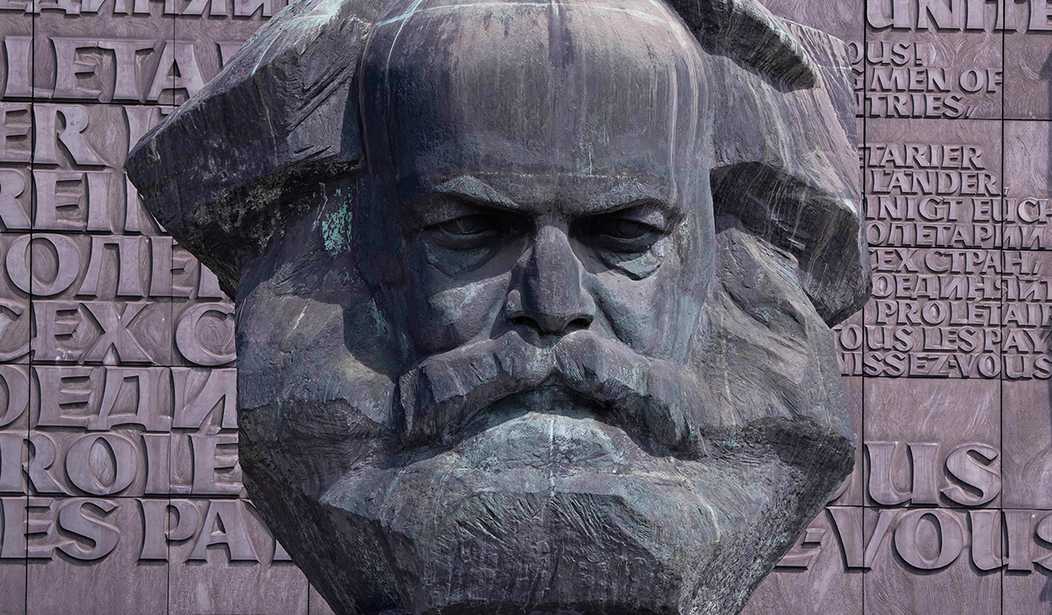One of the disquieting things that both history and religious narratives tell is that we inhabit a very dangerous stage; a place where the sack of cities and the end of civilizations could occur, and shared with terrifying and beautiful forces much greater than ourselves. “The eternal silence of these infinite spaces frightens me,” wrote Blaise Pascal in Pensees. To allay our fears, especially in pestilence and war, we resort to making our world smaller. WH Auden captured this impulse perfectly when he described New York on the brink of WW2.
I sit in one of the dives
On Fifty-second Street
Uncertain and afraid
As the clever hopes expire…Faces along the bar
Cling to their average day:
The lights must never go out,
The music must always play,
All the conventions conspire
To make this fort assume
The furniture of home;
Lest we should see where we are,
Lost in a haunted wood,
Children afraid of the night
Who have never been happy or good.
The greatest consolation of the modern age, our replacement for God, is the lie that the State loves you. There is your home, in the comfort of small spaces and the State is smaller than the world. For some, better a familiar tyranny than the frightening freedom in those infinite reaches.
The REAL Reason Russians Support Vladimir Putin pic.twitter.com/QlVGBI6XD2
— Konstantin Kisin (@KonstantinKisin) February 20, 2023
But the lie that the State loves you breaks down, the Woke pieties crumble, the pat assurances that we are at the End of History collapse before the onslaught of those infinite spaces. The future turns out to be unpredictable, the Black Swans keep arriving from somewhere. Stuff happens. We are condemned to face the eternal questions, doomed to be free, compelled to wonder. And there is no balm in the welfare office. In the history of ideas, the 20th century may be remembered as an attempted escape into the State from the terror of the vast; a flight from God or whatever you want to call it by hiding in a waiting room to blot out the sight of the stars above.
The instinct of our neolithic ancestors may prove sounder than our present bureaucrats: there is only — relative — safety on the move. Onward into the unknown then; let tomorrow bring what it may. The most transformative property of homo sapiens, even more than a sense of the past, is his sense of the future.
Books: Against the Great Reset: Eighteen Theses Contra the New World Order Kindle Edition by Michael Walsh (editor). In this timely and necessary book, Michael Walsh has gathered trenchant critical perspectives on the Great Reset from eighteen eminent writers and journalists from around the world. Though I wouldn’t exactly consider myself an eminent writer, mine is one of the 18 chapters in this book, and I think it’s worthwhile.
Tennozan: The Battle of Okinawa and the Atomic Bomb by George Feifer.
Twilight of the Gods: War in the Western Pacific, 1944-1945 by Ian W. Toll.
Year Zero: A History of 1945 by Ian Buruma.










Join the conversation as a VIP Member